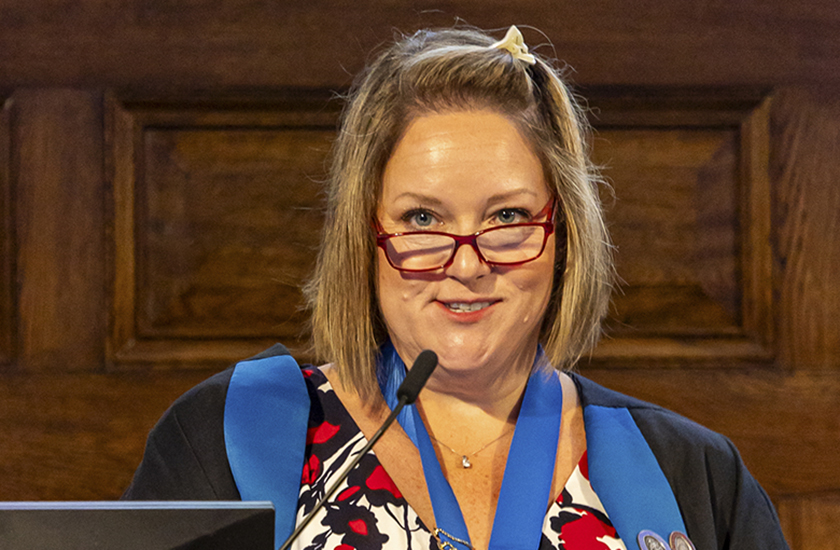-
-
- Advancement of the Professions Committee
- Standards Committee
- Audit and Risk Committee
- Education Committee
- Disciplinary Committee
- Charter Case Committee
- Preliminary Investigation Committee and Disciplinary Committee Liaison Committee
- Registration Committee
- Preliminary Investigation Committee
- Paper classification: some definitions
-
-
-
-
- About extra-mural studies (EMS)
- EMS requirements
- Information for vet students
- Information for EMS providers
- Information for vet schools
- Temporary EMS requirements
- Practice by students - regulations
- Health and safety on EMS placements
- EMS contacts and further guidance
- Extra-mural studies fit for the future
-
-
- Code of Professional Conduct for Veterinary Surgeons
- Code of Professional Conduct for Veterinary Nurses
- Contact the Advice Team
- XL Bully dog ban
- 'Under care' - guidance
- Advice on Schedule 3
- Controlled Drugs Guidance – A to Z
- Dealing with Difficult Situations webinar recordings
- FAQs – Common medicines pitfalls
- FAQs – Routine veterinary practice and clinical veterinary research
- FAQs – Advertising of practice names
- GDPR – RCVS information and Q&As
-
- Accrediting veterinary degrees
- Accrediting veterinary nursing qualifications
- Reasonable adjustments for student vets
- Health and disability in veterinary medicine study and practice
- The role of the veterinary schools and the RCVS
- Reasonable adjustments and the Equality Act 2010
- Reasonable adjustments and Day One Competences
- Examples of reasonable adjustments for vet students
- Annex
- Reasonable adjustments for student vets - summary
- Reasonable adjustments for student veterinary nurses
- Health and disability in veterinary nurse education and training
- Reasonable adjustments for students and the UK disability discrimination legislation
- Educational assessment of veterinary nurses
- Roles of key stakeholders in the application of reasonable adjustments
- Examples of reasonable adjustments for vet nurse students
- Embracing reasonable adjustments for student vet nurses - summary
- External review of the RCVS by ENQA
- Requirements for remote and online student assessments
Royal College Day 2025 speeches: Belinda Andrews-Jones, VN Council Chair
It’s hard to believe I’m already two years into my role as Chair of the VN Council. The time has flown – and what a journey it’s been. Over this time, I’ve had the privilege of speaking with student veterinary nurses, experienced colleagues, and educators across the UK. And one message rings out loud and clear: there is a powerful and widespread desire for legislative reform.
 For years, we've known that the Veterinary Surgeons Act no longer reflects the profession we are today – or the profession we want to become. Now, for the first time, we are closer than ever to changing it.
For years, we've known that the Veterinary Surgeons Act no longer reflects the profession we are today – or the profession we want to become. Now, for the first time, we are closer than ever to changing it.
Thanks to the ongoing work with Defra and the Competition and Markets Authority’s investigations, momentum is growing. These are positive signs that our calls are being heard, and the door to reform is beginning to open.
What does this mean for us as veterinary nurses?
It means a future where our profession is less limited, more empowered, and better recognised for the essential and complex roles we already play. We’re aiming for reforms that will make the scope of the VN role a matter for the RCVS as regulator, no longer restricted by Schedule 3 – giving the RCVS the agility to evolve the profession as times and needs change.
We’re also pushing for broader structural reform – like decoupling delegation from employment – to give VNs more freedom to work with practices, not just for them. This flexibility benefits animal welfare, clients, and the whole veterinary team.
Another important area is the protection of the title 'Veterinary Nurse'. which would be a huge step forward for both professional identity and public assurance.
And let’s be clear: the changes we’re proposing aren’t just for veterinary nurses. From mandatory practice regulation to team-wide regulation, these reforms raise the bar for the entire veterinary profession – offering stability, recognition, and a clearer structure for everyone.
So where can the profession help?
We need every vet and veterinary nurse, in every part of the UK, to be part of this movement. Don’t just think about how things are now – imagine what could be. My motto is: “If a human nurse can do it, why can’t we?” – with the right training, qualifications, and experience, why not.
We all need to bang the drum for legislative reform. Engage with your MP. Respond to consultations from Defra and the RCVS. Tell your story.
Too often, the incredible things VNs do every day are hidden from view – out the back, unseen by clients. Yet we are phlebotomists, anaesthetists, radiographers, minor ops surgeons, ward nurses, pharmacists, animal tamers, advisors – and sometimes even counsellors. The public only sees the tip of the iceberg.
Let’s change that narrative. Share the reality of your work. Let the public see your superhero skills. Their support matters in this journey.
And finally – a plea. Engage positively with the proposed changes. I know change can be uncomfortable. But as Robin Sharma said: “Change is hard at first, messy in the middle, and gorgeous at the end.”
Let’s not get bogged down in tiny details. Let’s stay united, be brave, and move forward together.
Because together, we can create a veterinary nursing profession that is empowered, recognised, and ready for the future.
July 2025